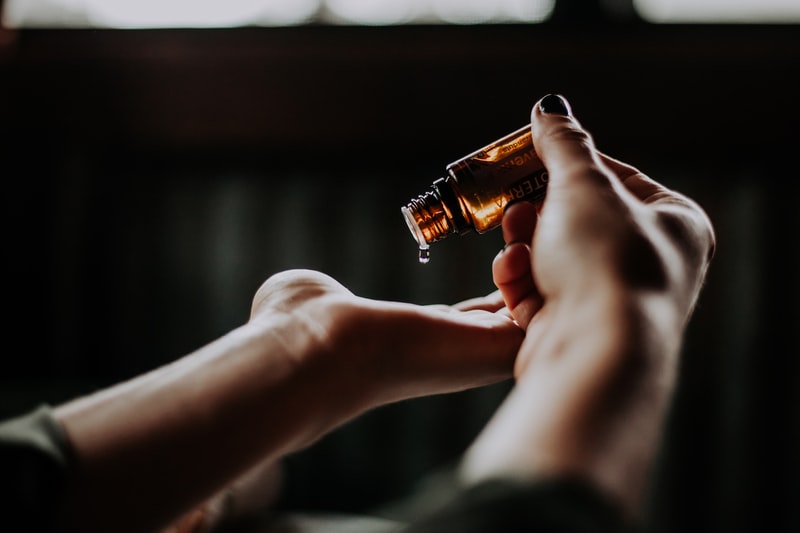CBD (cannabidiol) and THC (Tetrahydrocannabinol) are the two most studied compounds found in cannabis. CBD is the second most prominent plant compound. Where THC causes psychotic ‘highs’, CBD does not. For this reason, scientists have been fascinated by both and have conducted plenty of research into the effects of both on the brain and body.
The food, health and cosmetic industries have boasted CBD to be the next ‘big thing’ given its numerous health benefits, listed online by CFAH. It can help with all sorts of health problems, from sleep and mental health disorders to chronic pain, IBS and epilepsy. It’s also thought to have benefits for brain function and brain cell protection.
How can CBD be taken?
Due to CBD being a plant extract, it can be incorporated into plenty of products. There are many options to suit your needs and preference, from topical creams, oils, vapours, oral sprays, edibles, and drinks.
This article discusses some of the most interesting facts about using CBD.
CBD was discovered in the 1940s.
The hemp plant has been used for recreation and many medicinal reasons by humans for thousands of years. Therefore, it’s nothing new. However, it’s only within the last one hundred years of scientific development that we’ve been able to research its health benefits. Roger Adams scientifically discovered CBD in 1940. He was the first to isolate this chemical from the hemp plant and hypothesise the psychotic effects of THC.
You’re not getting a criminal record.
Providing it contains less than 0.2% of THC, CBD is now legal in many countries. Any more levels, and it can be considered classified cannabis. The passing of the Farm Bill in 2018 meant that CBD is legal in all 50 states in the U.S. Each country that has legalised CBD has its legislation and rules regarding the cultivation of hemp plants.
CBD doesn’t give you a ‘high.’
Our brain function is altered under the influence of psychoactive drugs. THC is the chemical compound from cannabis that causes a high. These psychotic effects can lead to dangerous drug dependency, addiction, and withdrawal. However, CBD is different despite it coming from the same plant. This difference is due to the various structures of atoms within each and how they bind to receptors in our brain.
An effective dose is yet to be established.
Despite the numerous health benefits of CBD, from improving emotional well-being to relieving us of pain and more, the optimal dose is yet to be established. It may be that different amounts may benefit different health conditions, or different doses may work better for different individuals.
Hemp oil and CBD oil are not the same.
Since CBD is extracted from hemp flowers and buds, you would think hemp oil is the same as CBD. However, they are different. This always confuses people who are interested in taking CBD. Hemp oil can also be extracted from hemp seeds that don’t contain cannabinoids. Therefore, when you purchase CBD, it’s best to check these details to maximise the benefits you will reap.
